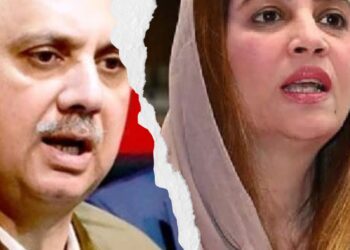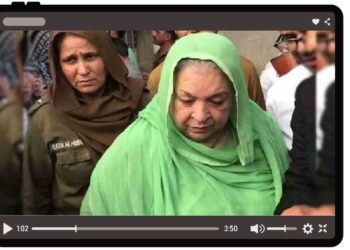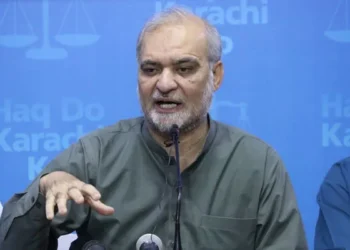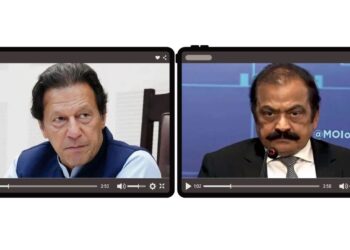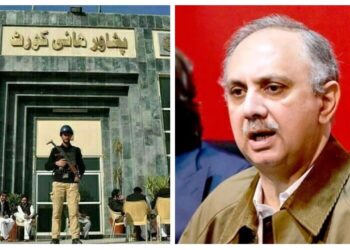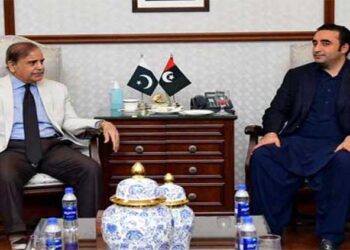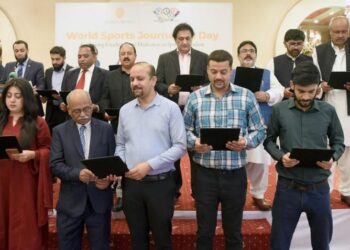ISLAMABAD; Amid an intensified government crackdown on Pakistan Tehreek-e-Insaf (PTI) leaders and workers, the party struggled to mobilize public support on August 14, despite founder Imran Khan’s call for demonstrations demanding “real freedom.”
Reports and media coverage across the country indicated minimal turnout, with hardly any protests, rallies, or public gatherings observed on Independence Day.
PTI Chairman Barrister Gohar Ali Khan, when questioned about the lack of public response, said the activities were not protests but “Haqiqi Azadi” celebrations focused on raising voices for Imran Khan’s release. He added that party leaders and workers had participated in their respective districts, with him personally present in Buner. Regarding a possible visit to Adiala Jail, he clarified that no meeting was planned since August 14 was a gazetted holiday.
Earlier, addressing an Independence Day ceremony at the University of Buner, Gohar Ali Khan criticized political manipulation and urged citizens to unite for the country’s welfare. He highlighted the “worrying” situation in Khyber Pakhtunkhwa and opposed the ongoing security operation in Bajaur, emphasizing that true freedom should advance democracy rather than suppress voices.
Family members, including Aleema Khan, cited her sister Dr. Uzma Khan—who met Imran Khan at Adiala Jail on August 6—stating that the PTI founder had called for demonstrations and instructed party leaders to mobilize the public without fear, even in the face of legal or administrative hurdles.
Meanwhile, PTI Information Secretary Sheikh Waqas Akram claimed that a “sea of people” had participated across Pakistan, carrying PTI and Pakistan flags along with portraits of Quaid-i-Azam and Imran Khan. He asserted that the turnout symbolized public defiance against a “hybrid regime” and affirmed loyalty to the PTI founder. When contacted for verification, he was unavailable for comment.
The muted public mobilization occurred against the backdrop of a government crackdown that has seen numerous PTI leaders and activists detained on charges linked to prior protests, including the May 9 unrest. Prominent party figures such as Omar Ayub Khan and Zartaj Gul have faced court proceedings and bail denials, while PTI offices and supporters continue to be monitored. Analysts suggest these measures, along with internal organizational challenges, have significantly constrained the party’s capacity to mobilize the public.
Observers note that the contrast between leadership claims and ground realities underscores the impact of legal pressures and a restrictive political environment on PTI’s grassroots activism, highlighting ongoing tensions between the government and the opposition party.









